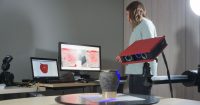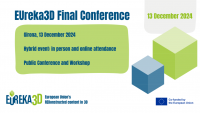 The 2014 APA conference launches the APA Centre of Excellence (CoE).
The 2014 APA conference launches the APA Centre of Excellence (CoE).
The programme details are available here.
The CoE is a membership organisation, built on the existing Alliance for Permanent Access (APA), supplemented greatly by the APARSEN and SCIDIP-ES FP7 EU projects, which provide expertise about digital preservation and obtaining value from digitally encoded information. Our members have demonstrated this capability with their own data, supplemented with tools, services and techniques which have been proved through extensive research and accelerated lifetime testing, and which has been applied most recently to long term preservation for a number of space agencies.
The CoE provides training, consultancy, tools and services to support organisations which need to ensure that their digital resources remain understandable and usable. It can also help to create the business case to justify the resources needed in order to provide sustainable digital preservation.
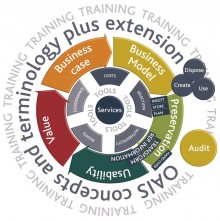 The unique selling point is that CoE offering is coherent and consistent and should be applicable to any type of digital object and it is backed by the combined experience of the DP pioneers both in the research field and, more importantly, as worldwide earliest adopters of DP practices. While there are specific data areas such as documents or audio-visual which have community recognised preservation techniques, the CoE believes that most, if not all, repositories will be called on to preserve many different types of information.The services offering comes from members, experts in their fields, as well as from the APA office. Members obtain benefits including, but not limited to, being able to access additional, non-public material, discounts on access to the offerings and to present a unified voice to policy makers and funders.
The unique selling point is that CoE offering is coherent and consistent and should be applicable to any type of digital object and it is backed by the combined experience of the DP pioneers both in the research field and, more importantly, as worldwide earliest adopters of DP practices. While there are specific data areas such as documents or audio-visual which have community recognised preservation techniques, the CoE believes that most, if not all, repositories will be called on to preserve many different types of information.The services offering comes from members, experts in their fields, as well as from the APA office. Members obtain benefits including, but not limited to, being able to access additional, non-public material, discounts on access to the offerings and to present a unified voice to policy makers and funders.
The conference is organised around examples from members showing how they have tackled and overcome their preservation problems. The examples are further grouped around the integrated view of digital preservation which APARSEN has brought together.


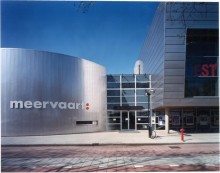
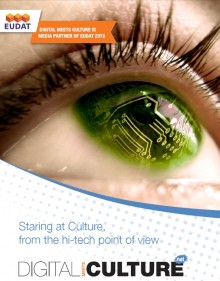
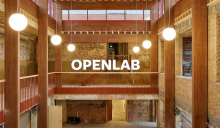
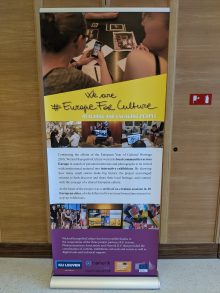
 If you have interesting news and events to point out in the field of digital cultural heritage, we are waiting for your contribution.
If you have interesting news and events to point out in the field of digital cultural heritage, we are waiting for your contribution.








